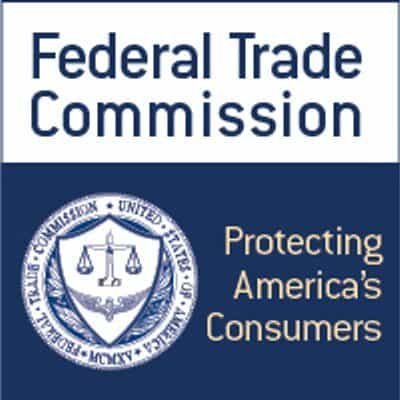Proposed Action Would Give Agency Stronger Tools to Fight Scammers, Return Money to Consumers Harmed by Impersonators
The Federal Trade Commission has proposed a rule to fight government and business impersonation scams—a perennial scourge that has cost consumers hundreds of millions of dollars over the past five years. The proposed rule would codify the well-understood principle that impersonation scams violate the FTC Act, as do those who provide impersonators with the means to harm consumers. The proposed rule would allow the Commission to recover money from, or seek civil penalties against, scammers who harm consumers in violation of the rule.
“The proposed rule will expand the Commission’s toolkit to combat the significant harm caused by government and business impersonation frauds,” said Samuel Levine, Director of the FTC’s Bureau of Consumer Protection. “We look forward to comments from the public on our efforts to deter fraud, hold impersonators accountable, and secure redress for consumers.”
Fraud reports to the FTC about government and business impersonation scams rose sharply at the beginning of the COVID-19 pandemic. The FTC received more than 2.5 million reports of these scams from consumers nationwide from the beginning of 2017 through the middle of 2022, and those consumers reported losing more than $2 billion to these scams.
Government and business impersonators can take many forms, posing as, for example, a lottery official, a government official or employee, or a representative from a well-known business or charity. Impersonators may also use implicit representations, such as misleading domain names and URLs and “spoofed” contact information, to create an overall net impression of legitimacy. These scammers are fishing for information they can use to commit identity theft or seek monetary payment, often requesting funds via wire transfer, gift cards, or increasingly cryptocurrency.
The proposed rule announced today follows an Advance Notice of Proposed Rulemaking published by the Commission last December. In response to that notice, the FTC received more than 160 public comments, none of which opposed proceeding with the rulemaking process. Comments came from members of the public as well as a bipartisan coalition of 49 state attorneys general and multiple companies and industry organizations.
In the Notice of Proposed Rulemaking announced today, the Commission is seeking comment on proposed measures that would fight government and business impersonation scams by declaring various tactics used by scammers unlawful. These include posing as a government or business by name or by implication. For example, the proposed rule would ban scammers from:
- Using government seals or business logos when communicating with consumers by mail or online.
- Spoofing government and business emails and web addresses, including spoofing “.gov” email addresses or using lookalike email addresses or websites that rely on misspellings of a company’s name.
- Falsely implying government or business affiliation by using terms that are known to be affiliated with a government agency or business (e.g., stating “I’m calling from the Clerk’s Office” to falsely imply affiliation with a court of law).
The proposed rule would also apply to those who provide “means or instrumentalities” for those committing a government or business impersonation scam, such as a supplier who manufactures a fake government credential used by scammers. In addition, the proposed rule would include non-profit organizations in its definition of businesses, so that it would apply to scammers that impersonate charities.
The proposed rule would allow the FTC to seek important relief for consumers across a broad array of government and business impersonation cases. This is especially important following the Supreme Court’s ruling in AMG Capital Management LLC v. FTC, which significantly limited the agency’s ability to return to consumers money that was taken in a scam.
The notice includes questions for public comment to inform the Commission’s decision-making on the proposal. These include questions about provisions in the proposed rule and whether other provisions should or should not be included in the rule. After the Commission reviews the comments received, it will decide whether to take the necessary next steps toward issuance of a final rule.
The Commission vote to approve the Federal Register notice announcing the notice was 5-0. The notice will be published in the Federal Register soon. Instructions for filing comments appear in the notice. Comments must be received within 60 days of the publication of the notice.
The Federal Trade Commission works to promote competition and protect and educate consumers. Learn more about consumer topics at consumer.ftc.gov, or report fraud, scams, and bad business practices at ReportFraud.ftc.gov. Follow the FTC on social media, read consumer alerts and the business blog, and sign up to get the latest FTC news and alerts.




